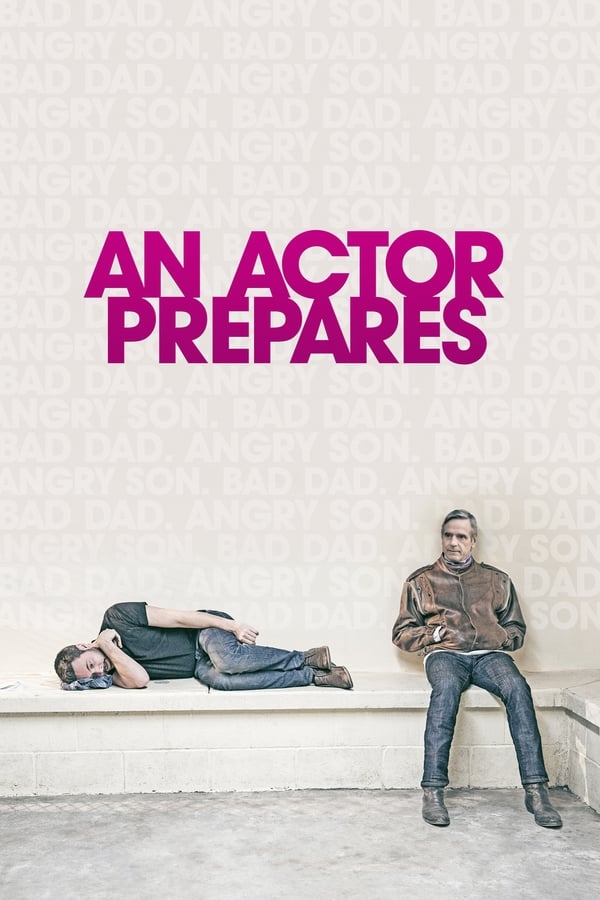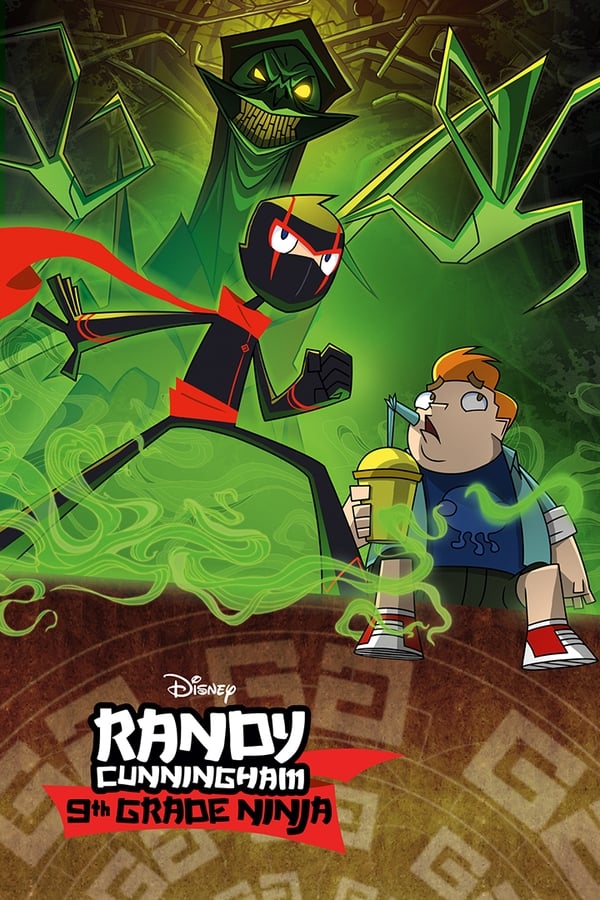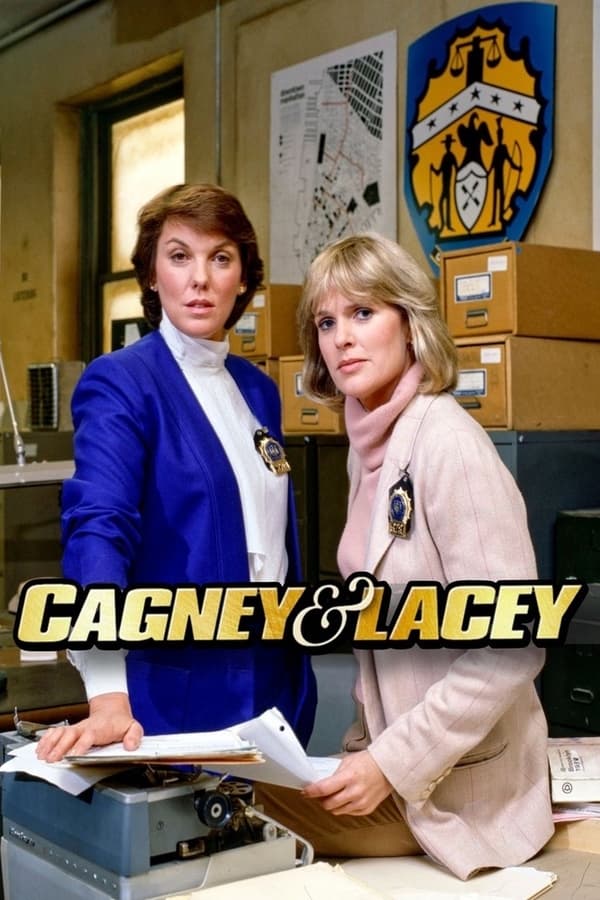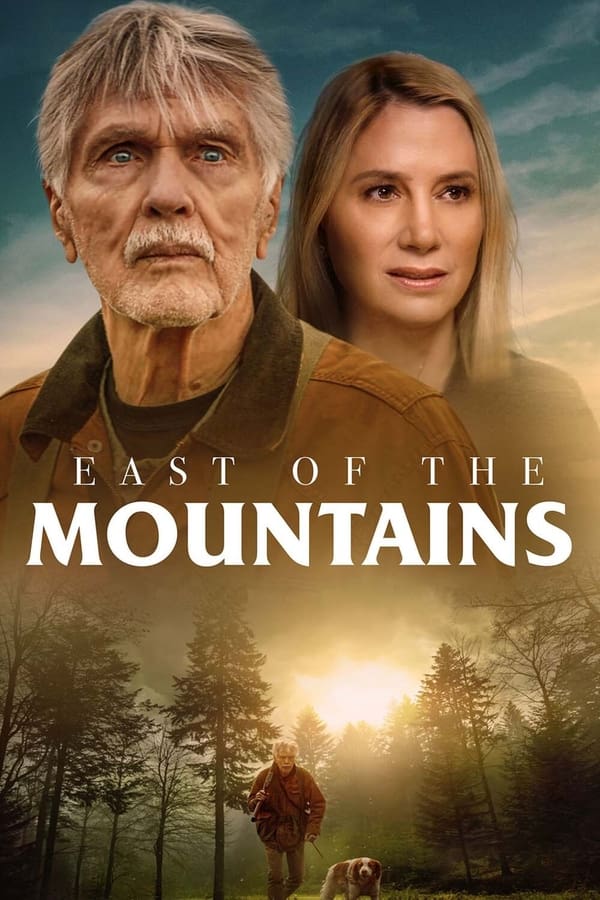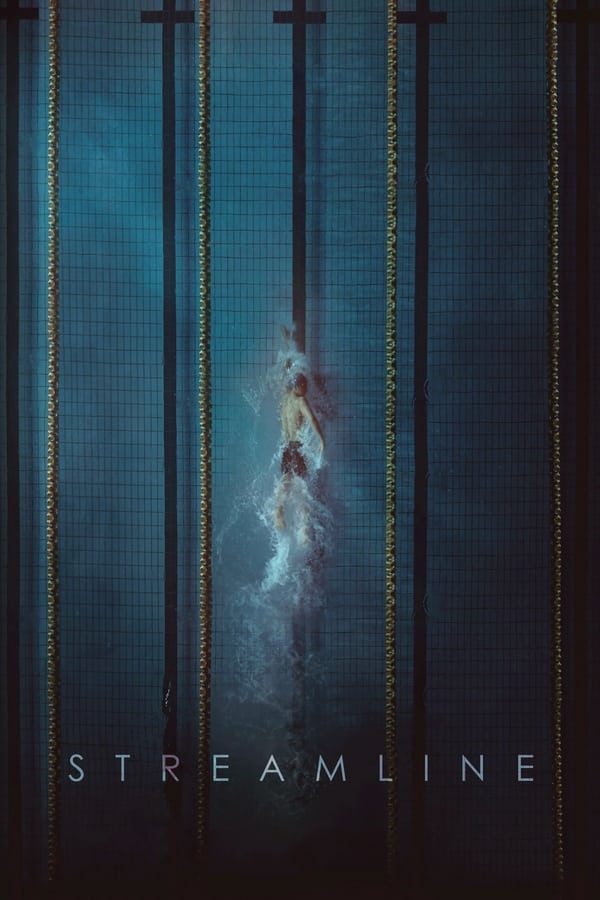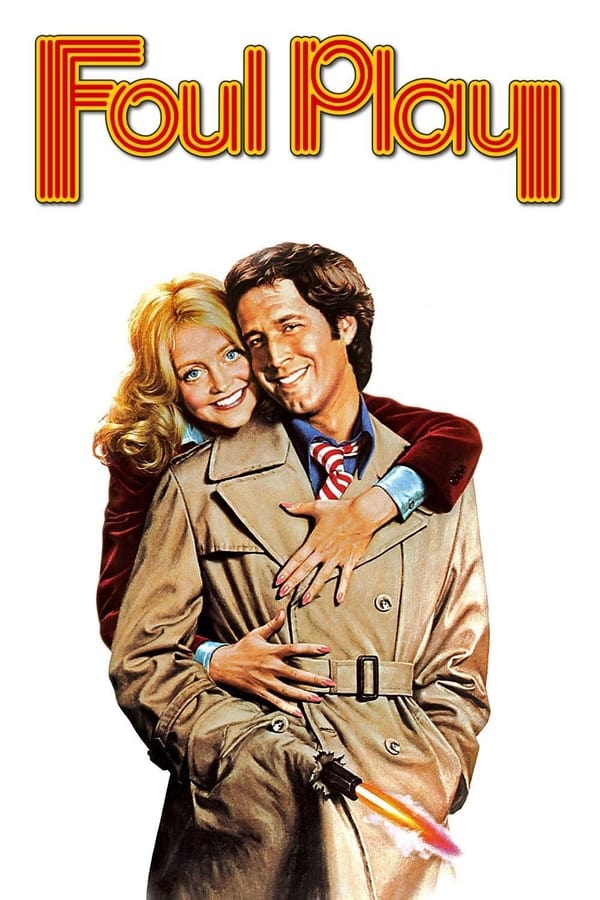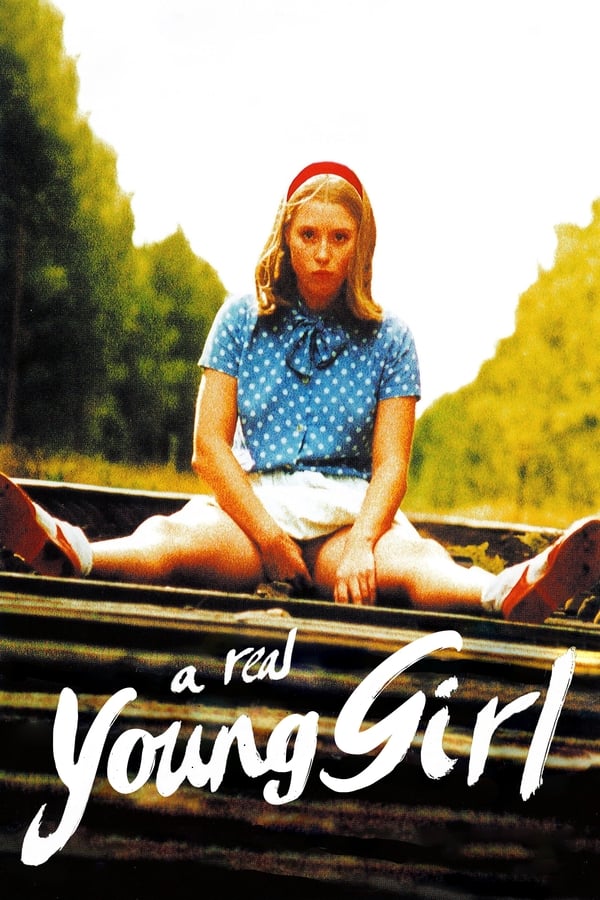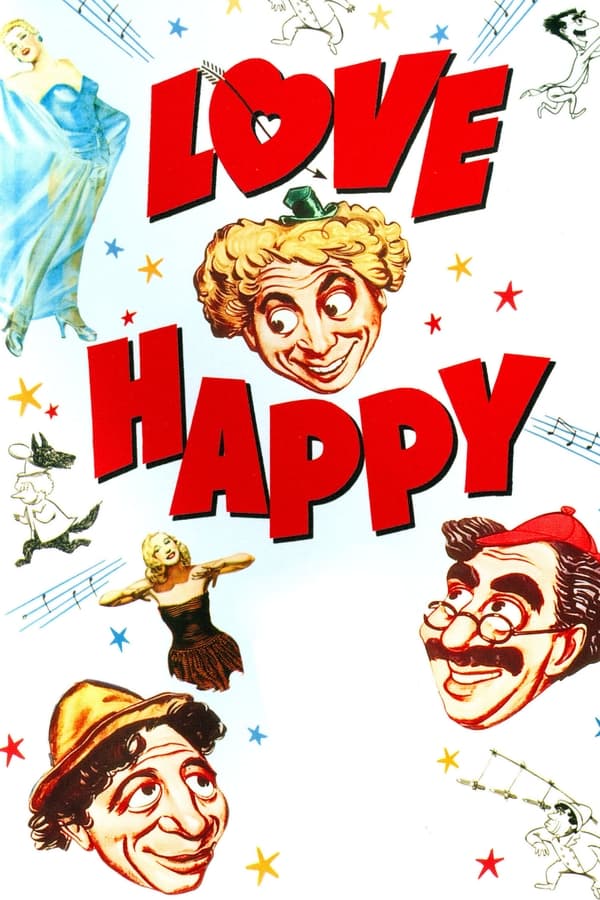Toggle light
Comments
65 Views
Report
FavoriteIf current server doesn't work please try other servers below.
Server
Vidsrc
Server
1080P Only No ads
Server
GD
Server
StreamBucket
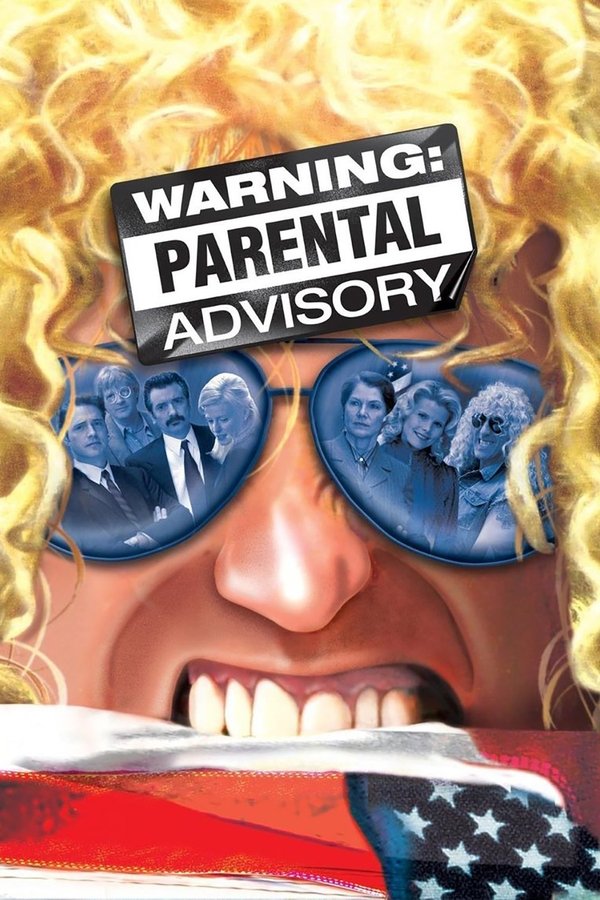
Warning: Parental Advisory 2002 Full Movie Free
Warning: Parental Advisory Full Movie Free – A Fight for Music Freedom
The 1985 Senatorial hearings on the controversial “Warning: Parental Advisory” labels on music albums set the stage for a pivotal battle over freedom of expression in the music industry. This is the story of how rockstars and musicians fought back against a political force aiming to censor their art and the iconic moments that defined their resistance.
In 1985, the Music Industry Faces New Political Threats
In the mid-1980s, Charlie Burner, a rising political lobbyist, found himself at the center of a heated battle in Washington D.C. As a supporter of the music industry, Burner had been pushing for a tax on blank tapes, benefiting artists and record companies alike. However, his efforts would soon be overshadowed by an unexpected challenge: the Parent Music Resource Center (PMRC). This group, led by Tipper Gore and a few other Congressional wives, aimed to put “Warning: Parental Advisory” labels on albums they deemed inappropriate due to obscene lyrics and themes.
The Rise of the Parent Music Resource Center (PMRC)
The PMRC quickly gained political traction, despite Burner’s initial dismissal of their concerns. The group’s crusade against what they considered objectionable popular music grew stronger, becoming a real threat to the music industry’s freedom of expression. Musicians, particularly those on the avant-garde side of the spectrum, felt the weight of this new challenge to their creativity and rights.
Frank Zappa and the Fight for Music’s Freedom
Enter Frank Zappa, the intellectual and outspoken musician who became a vocal advocate for defending music from censorship. Zappa recognized the growing threat of the PMRC’s agenda and urged Charlie Burner to take a stand. The music industry, especially its more radical artists, could not afford to let this political push succeed. With a US Senate hearing on the horizon, Burner knew he needed to rally support for the fight ahead.
Three Iconic Musicians Unite Against the PMRC
Despite the serious stakes, Burner faced a difficult task in convincing musicians to testify before the Senate. However, three iconic figures stepped forward to take on the PMRC’s self-righteous crusade: the irreverent Frank Zappa, the rebellious heavy metal legend Dee Snider, and the unexpectedly mild-mannered folk music star, John Denver. Together, they represented a broad spectrum of the music world, but they all shared a commitment to protecting artistic freedom.
The Battle Begins: Zappa, Snider, and Denver Take the Stand
During the Senate hearings, these musicians delivered powerful, impassioned speeches that left a lasting impact. Zappa’s intellectual arguments, Snider’s rebellious spirit, and Denver’s calm, reasoned approach made an unlikely but formidable trio. The music industry’s fight against censorship was no longer a fringe cause—it had become a battle for the rights of every artist to express themselves without fear of government interference.
The Legacy of the “Warning: Parental Advisory” Labels
Despite the challenges, the battle against the PMRC ultimately helped shape the future of music censorship in America. While the “Warning: Parental Advisory” labels became a symbol of the ongoing struggle, the movement’s message resonated beyond the music industry, inspiring others to challenge unjust censorship in all forms of art. The bravery of Zappa, Snider, and Denver remains a powerful testament to the importance of artistic freedom.
Watch “Warning: Parental Advisory Full Movie Free” and Relive the Fight for Music Freedom
If you’re passionate about music and freedom of expression, the story of the 1985 Senate hearings is a must-watch. “Warning: Parental Advisory Full Movie Free” takes you behind the scenes of this historic moment, showcasing the courageous musicians who stood up against censorship. Watch the full movie now and experience the powerful speeches, emotional testimony, and the ultimate victory for music freedom.
Conclusion: The Enduring Fight for Artistic Freedom
The “Warning: Parental Advisory” saga highlights the ongoing battle for creative freedom in the face of censorship. This pivotal moment in music history shaped the way we view artistic expression today. For those who want to understand this important chapter in cultural history, watching “Warning: Parental Advisory Full Movie Free” is the perfect way to delve deeper into the story and see how a few musicians changed the course of music forever.
